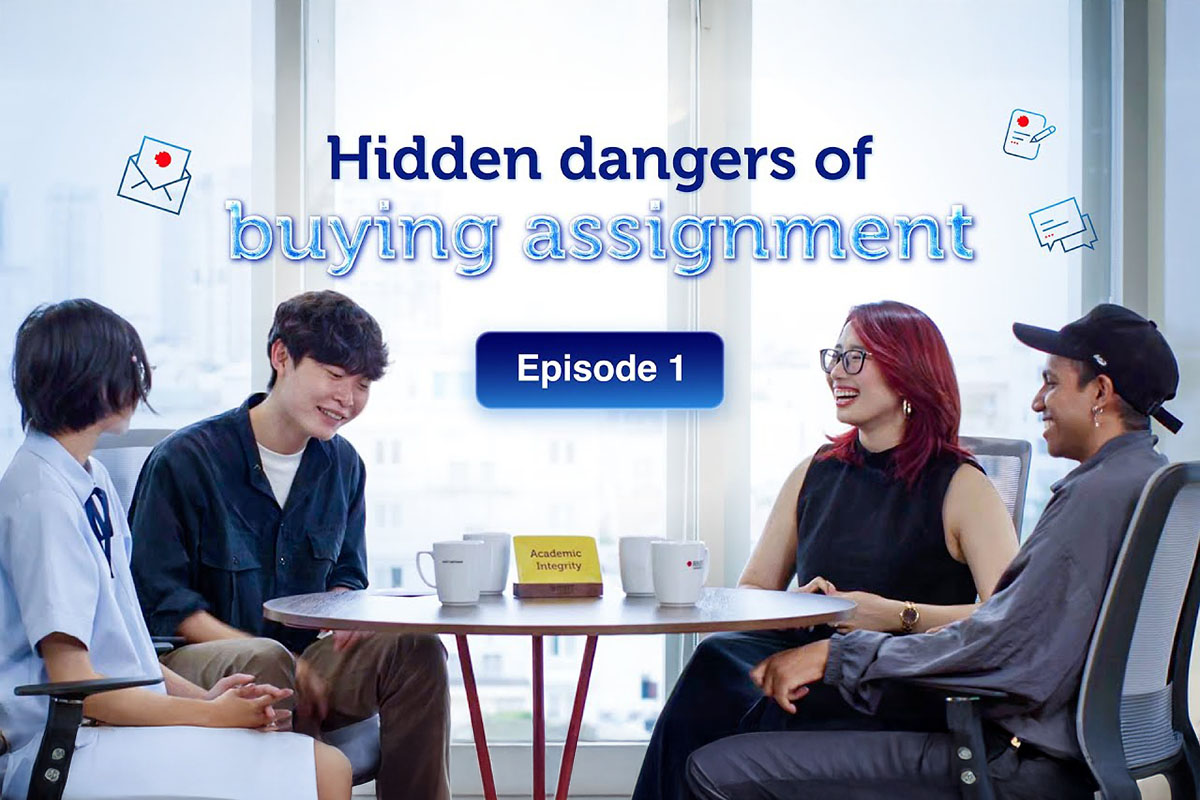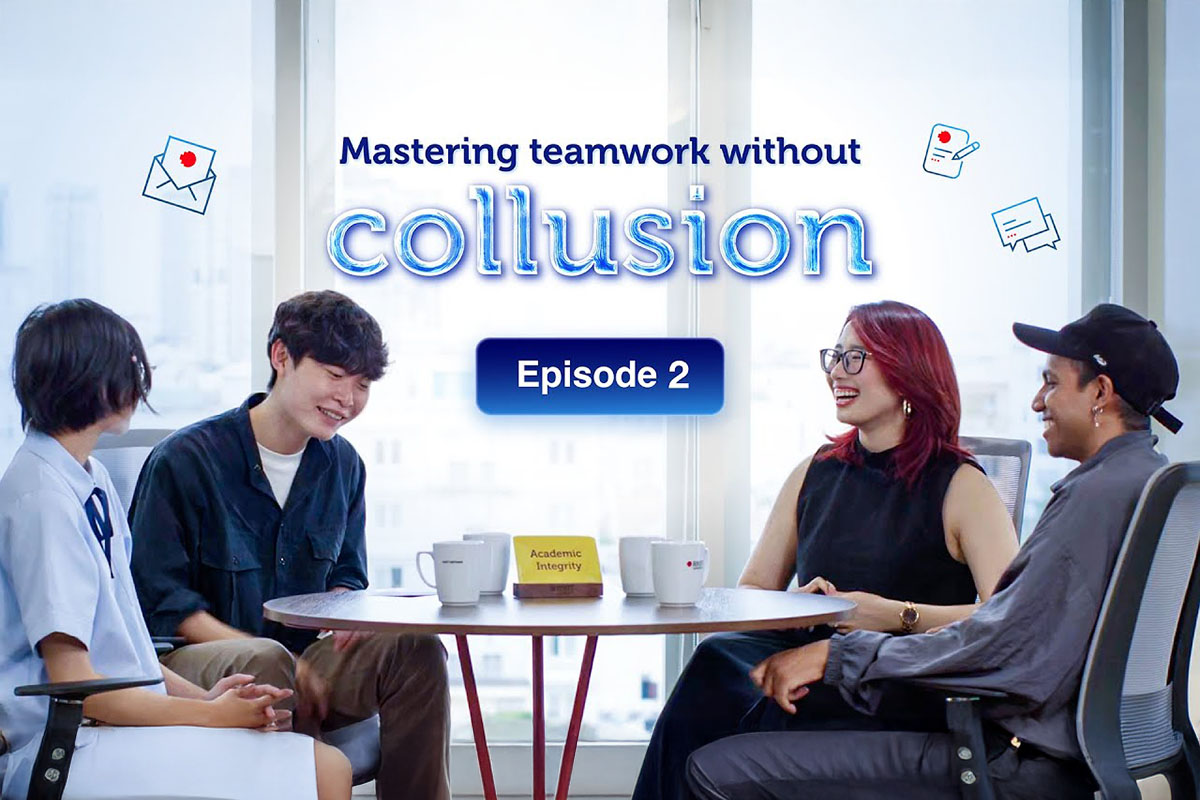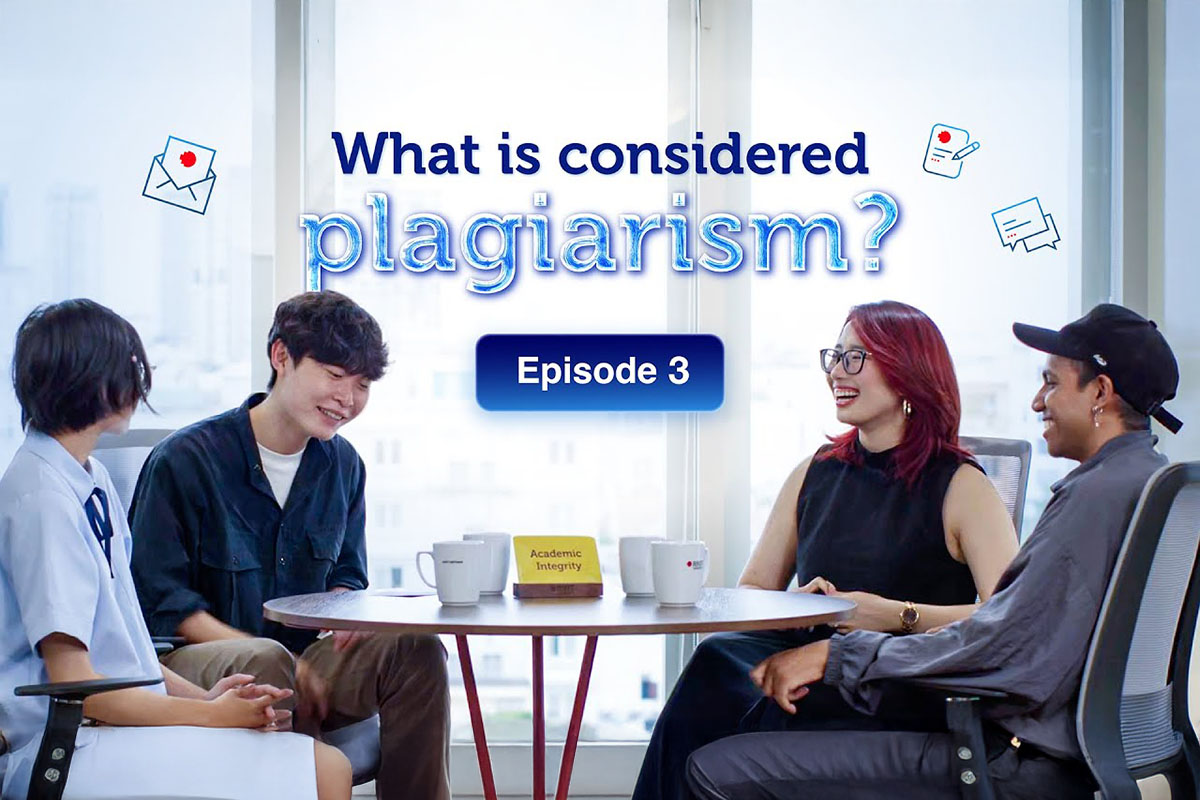Artificial Intelligence (AI) and academic integrity
Artificial intelligence (AI) tools are likely to be an integral part of future life and work. RMIT is committed to preparing our students to know how to engage and work appropriately with AI.
You may be guided by your educators to use AI tools in your learning, so that you can better understand possibilities and limitations and how they may be used ethically and appropriately in your future work.
The use of AI tools in your studies will be guided by your program and course requirements. Inappropriate use of AI in your learning and assessment could result in a breach of academic integrity. It is always best to check with your Program Manager or Program/Course Coordinators for more information.
RMIT may use tools to detect the use of artificial intelligence (AI) tools in assessments where AI tools are not permitted.
When is it okay to use AI tools in my studies?
- You are permitted to use AI tools like ChatGPT, RMIT's Val, Microsoft's Copilot and Adobe Firefly as a study aid to supplement your learning. For example, you may ask questions of an AI tool to help clarify your reading interpretation or to help confirm your understanding of a topic, noting however that AI responses can be out of date, biased, not always correct, or not to be relied upon.
- AI may or may not be permitted in coursework or assessments, depending on your course requirements. Check the information in the course guides and assessment task instructions to understand how AI tools can be used. If you are unsure or if it is not specified, ask your Program or Course Coordinator.
- Any ideas or outputs generated by AI must be referenced accurately in your academic work, otherwise it is considered plagiarism. This means you must use citations crediting the tool/s where appropriate, as well as including it in your reference list – just like you would any other resource. See the Library's AI referencing guide for specific AI referencing information.
- You should always think critically about any content provided to you, whether from an AI tool or other sources. It’s important to remember that you should always verify the content provided by AI tools. You are advised to conduct further research beyond simply asking questions of an AI tool, generating computer code, or creating images and consult with your course materials, library resources, or educator if you do not understand something or require further assistance.
How not to use AI
Using AI in the following ways is a breach of the Academic Integrity Policy and may have serious consequences:
- To complete or contribute to an assessment task when it has not been specifically allowed.
- To produce ideas that you don't reference and try to pass off as your own.
To help prove the authenticity and originality of your work, you should keep all draft versions of your work to show how your assessments were developed. These can be requested at any time during your program.
We want to support you in using AI tools legitimately and in a way that maintains your integrity and that of our academic community. If you have questions or if you are ever unsure, please speak with your Program or Course Coordinator.




